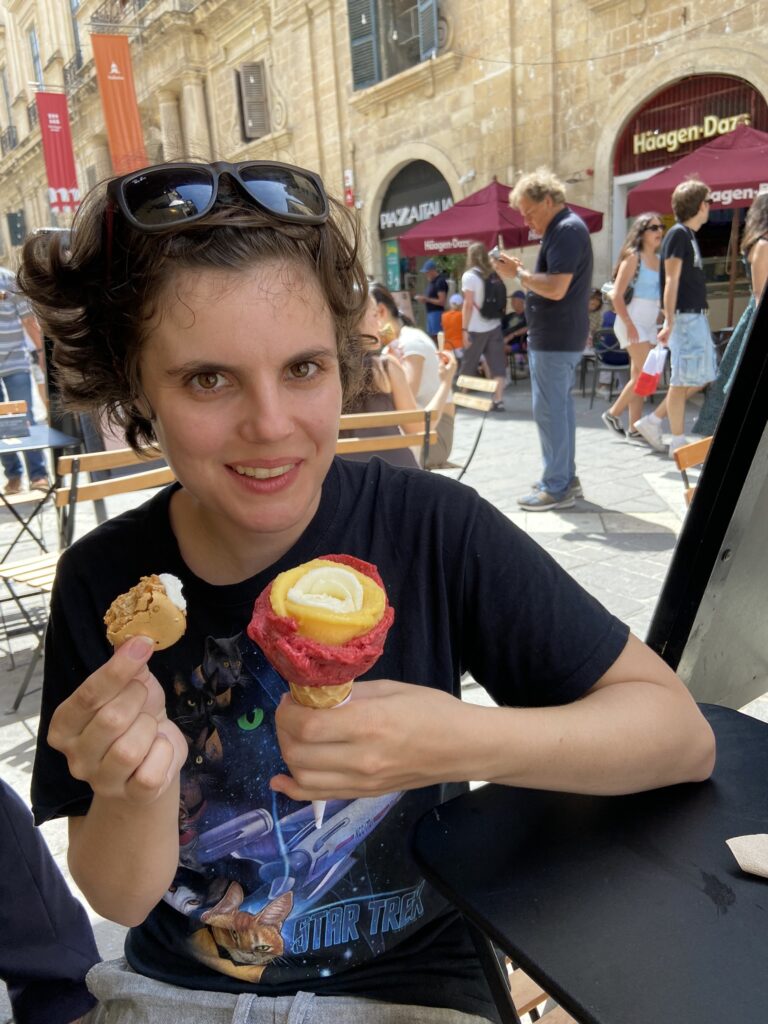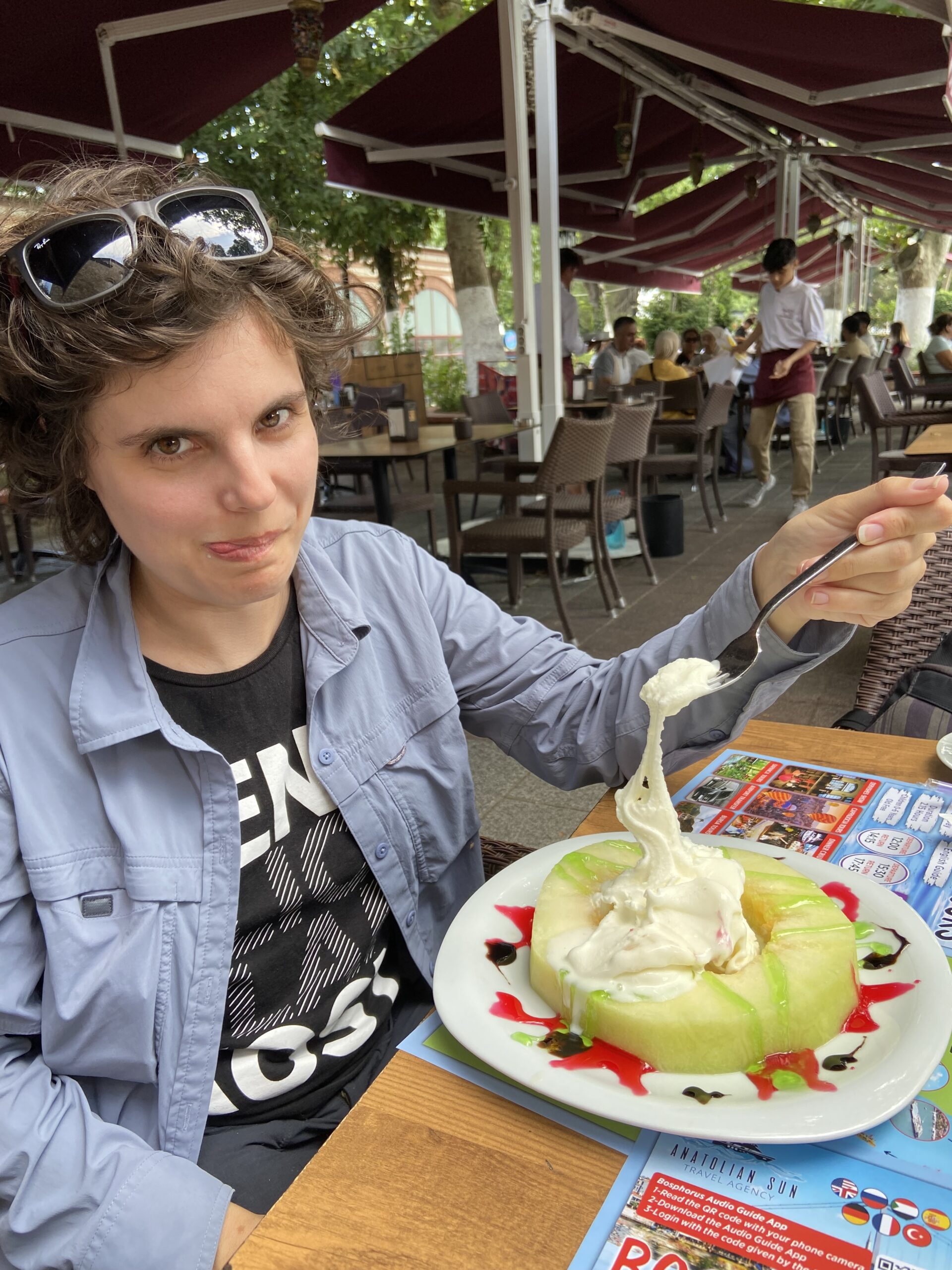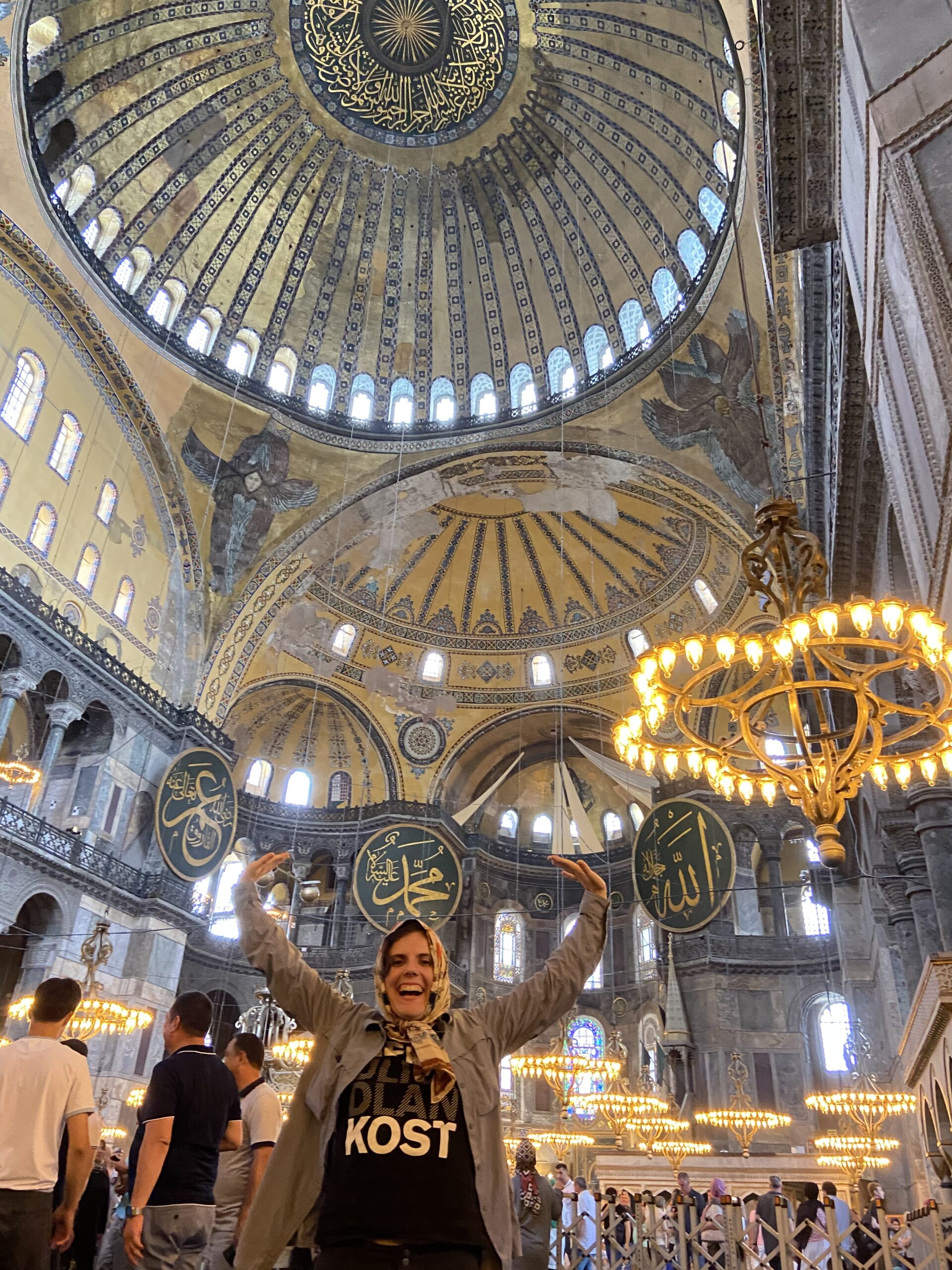A Response to “The Case Against Travel”
The original article, “The Case Against Travel: It turns us into the worst version of ourselves while convincing us that we’re at our best” is by Agnes Callard, in the New Yorker (June 24, 2023). Despite its name, the article is not really a coherent case but rather a set of observations, some by Callard herself and some by famous writers (Pessoa, Emerson, and Chesterton). Despite her intense training in and experience with analytic philosophy, the majority of the observations are written in a “people think”/ “people feel style” without a lot of evidence for those truth claims or any rigorous testing of what those claims mean. Early on in her article, for example, she writes:
If you are inclined to dismiss this as contrarian posturing, try shifting the object of your thought from your own travel to that of others. At home or abroad, one tends to avoid “touristy” activities. “Tourism” is what we call travelling when other people are doing it. And, although people like to talk about their travels, few of us like to listen to them. Such talk resembles academic writing and reports of dreams: forms of communication driven more by the needs of the producer than the consumer.

Do people avoid touristy activities? Do people not consider themselves tourists when they visit a given place? Do people dislike listening to their friends, coworkers, family etc talk about their trips? I have not personally found any hard data or research that would either be able to support or dismiss these claims. There is a whole journal called Annals of Tourism Research, a lot of work on tourists sharing their experiences is focused on the travel industry [1]. What is clear is that clearly Callard does not enjoy listening to travel stories and dream reports, and that I enjoy immensely listening to both. So much of the article’s “case” is a set of opinions either overt (as in the case of a story of a rather disappointing trip to a Falcon Hospital) or covert (“When you travel, you suspend your usual standards for what counts as a valuable use of time”).
However, despite these major issues in argumentation and the problems with contesting claims made without evidence, there are a few observations that I wanted to think with here. Callard claims:
The tourist is a deferential character. He outsources the vindication of his experiences to the ethnologist, to postcards, to conventional wisdom about what you are or are not supposed to do in a place. This deference, this “openness to experience,” is exactly what renders the tourist incapable of experience.
Later, she continues:
The problem was not with other places, or with the man wanting to see them, but with travel’s dehumanizing effect, which thrust him among people to whom he was forced to relate as a spectator.
The basic claim is we remain unchanged through our experiences of travel and that this is dehumanizing. Tourists change the places they visit as a collective, but themselves remain unchanged by the experience. While there is a lot to be said about the impact of tourism on communities, from cultural, environmental, and economic perspectives, the question I want to ask is this: is it really such a problem to travel and remain unchanged? Is it really so dehumanizing?
This might seem like an odd question for a blog dedicated to travel/tourism as a way to think more deeply about theology, but I am serious. Is it really so bad if we go somewhere and come back no different?
The Problem of Productivity
Does everything have to be useful? Does everything have to serve a purpose? In both my own walk with God, and with my clients, I frequently notice the aggressive and relentless push towards forced meaning-making. Productivity is a frequent ghost in my own relationship with God – everything I do, I often feel, has to serve some sort of useful purpose. In college, a very wise Peer Mentor convinced a group of us, who were sacrificing sleep for our work, that sleep itself is productive. That was the only way we, pressure cooker students, could make time for this vital need. Does travel, does tourism, have to be useful? Can it be just a week spent somewhere nice doing approximately nothing? Can it be a week exploring somewhere new, eating something different, until you’re tired of it and ready for familiar things again? Can it be looking at pretty things, for no deep interest or because you’ve wanted to see X all your life?
My main issue with Callard’s article is so much of her frustration seems to stem from the idea that people think travel is supposed to do something for them that it does not do.
Maybe for some people, travel opens their mind, exposes them to new ideas, lets them make new friends, and makes them better people. But if a man wants to go to the Grand Canyon to see if it’s really as pretty as he’s seen on a postcard (one of Callard’s examples) then sure, why not? It’s not productive, it didn’t change him. But does it have to?
I am, as we speak, eating the last baklava that we brought back from Istanbul last week. It’s sweet and delicious, and maybe the best baklava that I have ever eaten (but then, I do often feel that way about whatever baklava I happen to be eating at the moment). I also ate a lot of that stretchy ice cream in Turkey, the likes of which I have never had before. In fact, I do my best to eat as much ice cream as I can, wherever I go, for sheer love of sugar.


There were, admittedly, things I have been waiting years to see in Istanbul – particularly the mosaic museum (which was closed) and Hagia Sophia. I have studied Hagia Sophia in several classes and read many sermons preached there. I followed the situation closely when the Turkish government was first considering re-converting Hagia Sophia into a mosque. I care, and have cared, for years about this building and know its structure, history, and political situation well.
But did I demand it change me when I saw it? Did I need the experience to do anything for me?
No, I didn’t. I will remember the joy of seeing this building, of sitting on its rugs, of touching its pillars, of washing my hands in its fountains. Maybe it did change me, in a way, to carry that with me. But it’s also okay if it doesn’t.
Like many of our specific experiences on this journey towards Home, we won’t necessarily be able to articulate if or how something changed us. God is at work in all of us, in our hearts, continually. As Jesus said: “The kingdom of heaven is like yeast that a woman took and mixed in with three measures of flour until all of it was leavened” (Matthew 13:33). We – like the woman – have a role, we can mix the yeast with the flour. But the Kingdom of heaven is like yeast: it does all the work of leavening and it cannot be rushed.
In life, there is certainly work to be done – but productivity cannot be an idol. If we try to force everything to have a meaning, then we are doing it wrong.
15 So I commend enjoyment, for there is nothing better for people under the sun than to eat and drink and enjoy themselves, for this will go with them in their toil through the days of life that God gives them under the sun. 16 When I applied my mind to know wisdom and to see the business that is done on earth, how one’s eyes see sleep neither day nor night, 17 then I saw all the work of God, that no one can find out what is happening under the sun. However much they may toil in seeking, they will not find it out; even though those who are wise claim to know, they cannot find it out. (Ecclesiastes 8:15-17)

[1] Lujun Su, Binli Tang, and Jeroen Nawijn, “How Tourism Activity Shapes Travel Experience Sharing: Tourist Well-Being and Social Context,” Annals of Tourism Research 91 (November 1, 2021): 103316, https://doi.org/10.1016/j.annals.2021.103316.
Leave a Reply